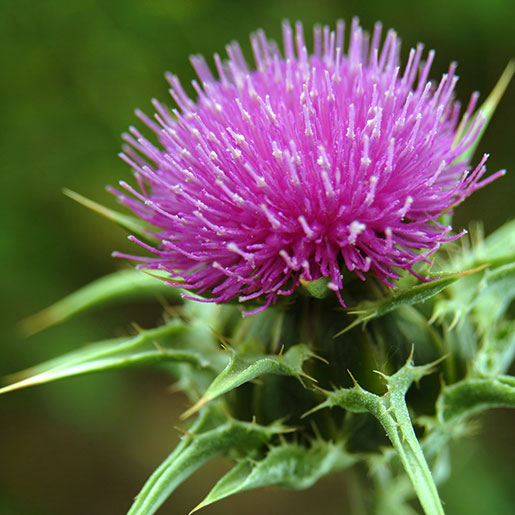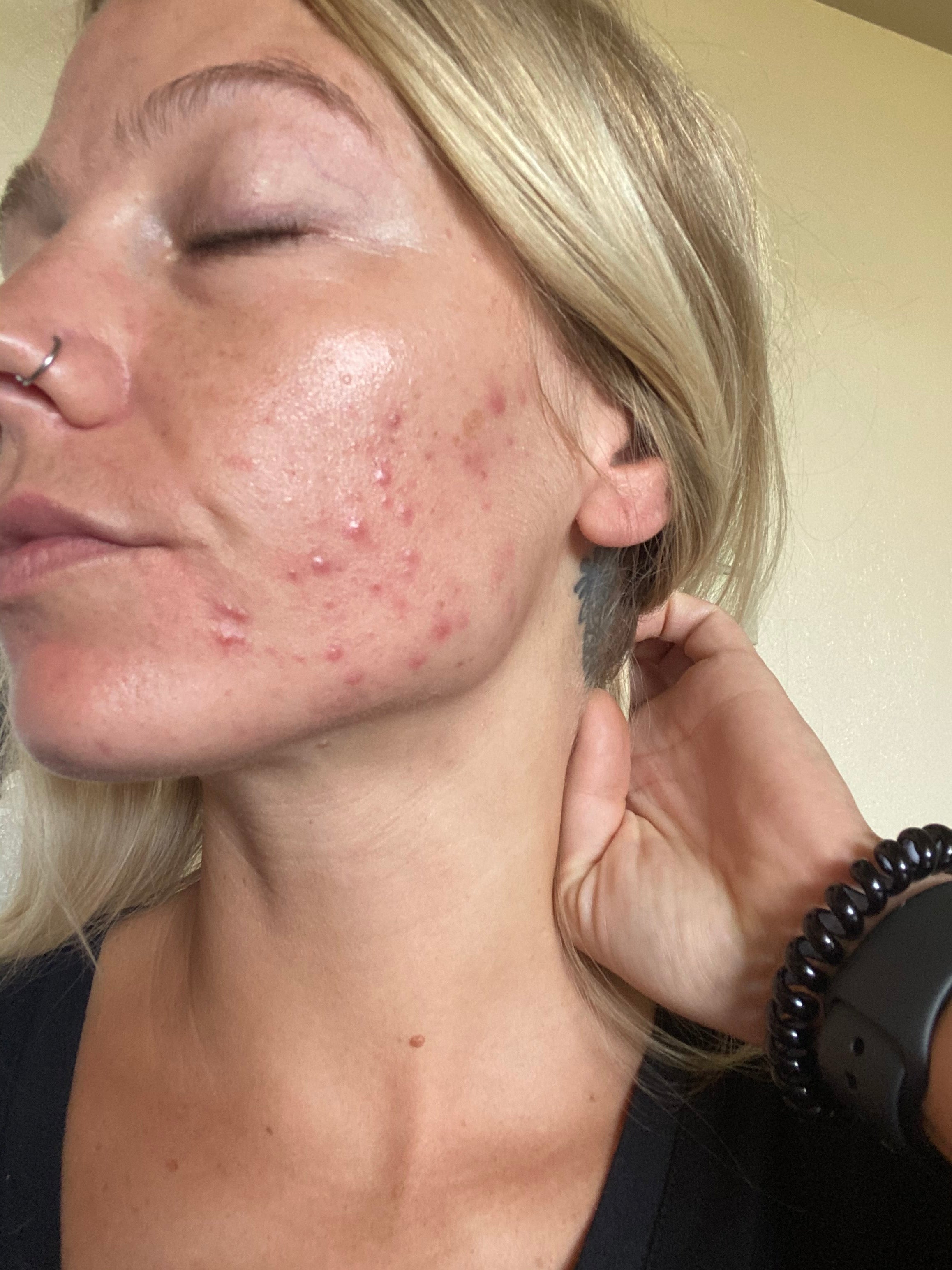
Milk Thistle Seed Oil and How It Helps with Aging
What is Milk Thistle Seed Oil?
Milk thistle seed oil is derived from the seeds of the milk thistle plant (Silybum marianum), a flowering herb native to the Mediterranean region but now found in various parts of the world. The plant has a long history of use for its potential medicinal properties, and the oil extracted from its seeds is no exception.
Here are some key aspects of milk thistle seed oil:
Silymarin Content: Silymarin, the main active component in milk thistle seeds, is a flavonoid complex with antioxidant and anti-inflammatory properties.
Antioxidant Properties: Milk thistle seed oil is rich in antioxidants, particularly silymarin. Antioxidants help protect the body, including the skin, from damage caused by free radicals, which can contribute to premature aging and various health issues.
Potential Skin Benefits: While research on the topical application of milk thistle seed oil is limited, its antioxidant and anti-inflammatory properties may benefit the skin. It could be considered in skincare for its potential to promote skin health and protect against environmental stressors.
Moisturization: Like many plant-based oils, milk thistle seed oil may have emollient properties, helping to moisturize and soften the skin. This can be beneficial for addressing dryness and maintaining skin hydration.
Anti-Inflammatory Effects: The anti-inflammatory properties of silymarin may help soothe irritated skin and reduce redness, making it useful for those with sensitive or inflamed skin.
How Milk Thistle Seed Oil help with aging
Milk thistle seed oil may offer several potential benefits for aging skin, primarily due to its rich composition of fatty acids, antioxidants, and other bioactive compounds. Here are ways in which milk thistle seed oil may help with aging:
Antioxidant Protection: Milk thistle seed oil contains antioxidants, including flavonoids and silymarin, which can help neutralize free radicals. Free radicals are molecules that contribute to oxidative stress, which is a major factor in the aging process. By reducing oxidative stress, antioxidants can help protect the skin from premature aging.
Moisturization and Hydration: The fatty acids in milk thistle seed oil, such as linoleic acid and oleic acid, contribute to its emollient properties. Emollients help moisturize and soften the skin, which is particularly important for aging skin that may experience increased dryness. Adequate hydration can improve skin texture and reduce the appearance of fine lines.
Anti-Inflammatory Effects: Compounds like silymarin found in milk thistle seed oil are believed to have anti-inflammatory properties. Inflammation is associated with various skin aging issues, including redness, puffiness, and loss of elasticity. By reducing inflammation, milk thistle seed oil may help maintain a calmer and more youthful complexion.
Collagen Support: The fatty acids in milk thistle seed oil may support the skin's natural production of collagen. Collagen is a structural protein that provides firmness and elasticity to the skin. As collagen production naturally decreases with age, supporting its synthesis can contribute to firmer and more resilient skin.
Overall Skin Health: The combination of antioxidants, fatty acids, and other nutrients in milk thistle seed oil contributes to overall skin health. It can help nourish the skin, improve its texture, and enhance its resilience, promoting a more youthful appearance.
It's important to note that individual responses to skin care products can vary, and while milk thistle seed oil has potential benefits, its effectiveness may differ from person to person.






